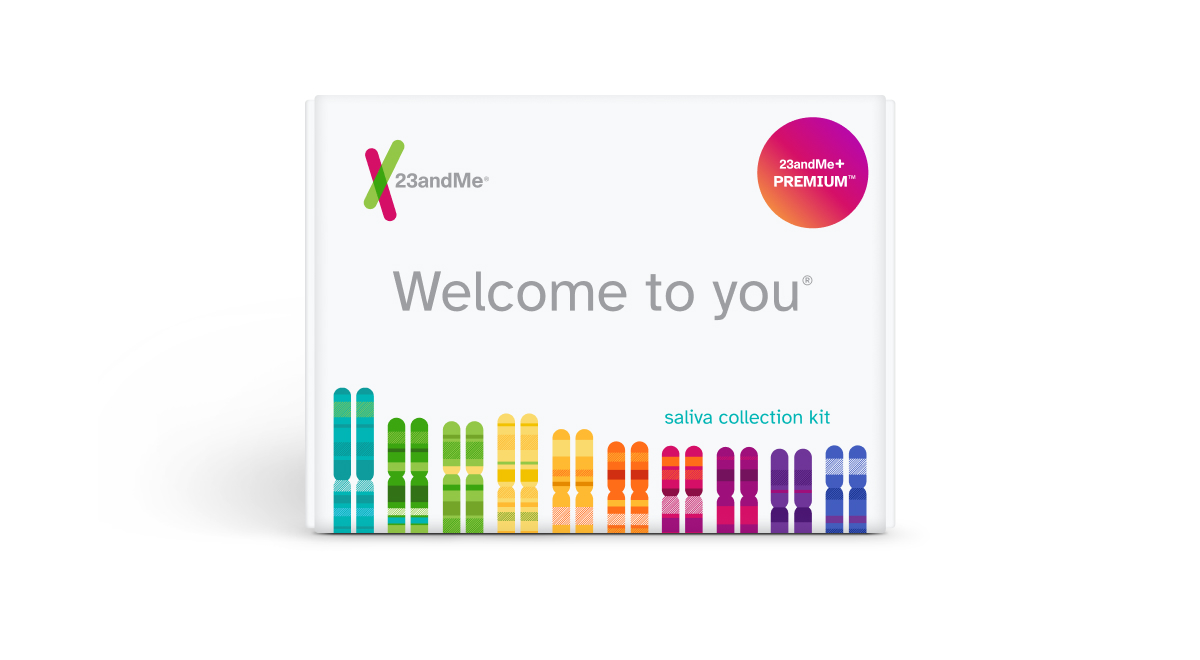Let's talk aboutDPYD Drug Metabolism
What is pharmacogenetics (farm-uh-ko-genetics)?
Pharmacogenetics is a big word for a simple idea — your genetics can influence how you process certain medications. Pharmacogenetics can help your healthcare provider when choosing an appropriate course of treatment.
How does the DPYD gene impact drug metabolism?
The DPYD gene contains instructions for making an enzyme called DPD. The DPD enzyme helps process (or “metabolize”) a class of medications called fluoropyrimidines, which are used to treat certain cancers. Specific DNA variants in the DPYD gene can affect the body’s ability to process these medications.

What factors besides genetics affect how you process medications?
In addition to genetics, many other factors can influence how people process medications, such as age, weight, liver and kidney function, and drug-drug interactions. It’s the combination of these factors plus genetics that influences how the body processes a medication.
What are some medications processed in part by the DPD enzyme?
Examples of fluoropyrimidines that are processed by the DPD enzyme include 5-fluorouracil (5-FU) and capecitabine. These medications are most commonly used to treat people with breast cancer, stomach (gastric) cancer, pancreatic cancer, and cancers of the colon and rectum.
Did you know?
About 7% of people of European descent have a variant in the DPYD gene that affects how well they process fluoropyrimidine medications. The variants included in 23andMe’s DPYD Drug Metabolism report are found in about 2% of people of European descent. Another DPYD variant has been observed in about 3-5% of people with African ancestry, but this variant is relatively under-studied and needs more research.
Explore more
Curious to learn more? 23andMe Pharmacogenetics reports** can tell you if you have specific DNA variants in the DPYD gene that may influence how you process certain medications. The best time to learn about your pharmacogenetics is before starting a medication, so these reports may be helpful now and in the future and can easily be shared with your healthcare provider.
You can get the Pharmacogenetics reports and more with 23andMe+ Premium, an annual membership that includes everything in our Health + Ancestry Service plus new premium reports and features throughout the year.

23andMe+ Premium
Please note:
- The 23andMe Pharmacogenetics reports should not be used to start, stop, or change any course of treatment. Medications should always be taken as directed.
- These reports do not test for all possible DNA variants that may affect an individual’s ability to process medications.
- These reports do not account for lifestyle or other health factors that may affect an individual’s ability to process medications.
- These reports do not determine whether a medication is indicated for an individual.
**23andMe PGS Pharmacogenetics reports: The 23andMe test uses qualitative genotyping to detect 3 variants in the CYP2C19 gene, 2 variants in the DPYD gene and 1 variant in the SLCO1B1 gene in the genomic DNA of adults from saliva for the purpose of reporting and interpreting information about the processing of certain therapeutics to inform discussions with a healthcare professional. It does not describe if a person will or will not respond to a particular therapeutic and does not describe the association between detected variants and any specific therapeutic. Our CYP2C19 Pharmacogenetics report provides certain information about variants associated with metabolism of some therapeutics and provides interpretive drug information regarding the potential effect of citalopram and clopidogrel therapy. Results for SLCO1B1 and DPYD and certain CYP2C19 results should be confirmed by an independent genetic test prescribed by your own healthcare provider before taking any medical action. Warning: Test information should not be used to start, stop, or change any course of treatment and does not test for all possible variants that may affect metabolism or protein function. The PGS test is not a substitute for visits to a healthcare professional. Making changes to your current regimen can lead to harmful side effects or reduced intended benefits of your medication, therefore consult with your healthcare professional before taking any medical action. For important information and limitations regarding Pharmacogenetics reports, visit 23andme.com/test-info/pharmacogenetics/
References